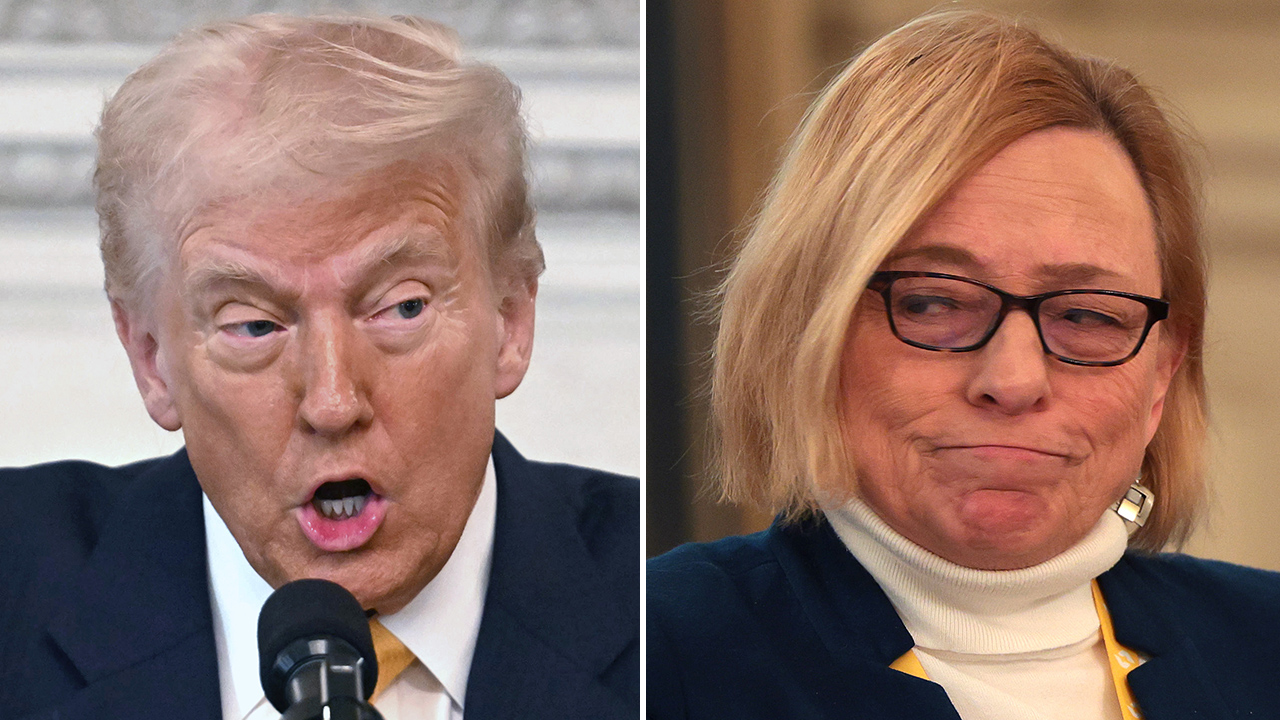Maine’s girl athletes paying the price for extremism of state politicians

```html
Maine's Defiance of Federal Guidelines on Transgender Athletes in Sports Sparks Controversy
A Clash of Ideologies: Federal Mandate vs. State Law
Maine's education officials have ignited a firestorm by rejecting President Trump's executive order barring transgender female athletes from competing in women's sports. This defiance sets the stage for a showdown between federal authority and state autonomy, with Maine's Principals' Association prioritizing the Maine Human Rights Act over the new federal guidelines.
This decision has sparked accusations that Maine is placing a "woke agenda" ahead of student welfare and fair competition, potentially jeopardizing federal funding for Maine schools. The clash highlights the deep divisions surrounding transgender rights and the complexities of balancing inclusivity with the perceived integrity of women's sports.
The Stakes: Fairness, Funding, and the Future of Women's Sports
President Trump's threat to withhold federal funding adds significant weight to the debate. This action resonates particularly strongly in Maine, where a transgender female athlete recently won a state championship in pole vaulting, outperforming the top-performing biological female athlete by a considerable margin. This victory has fueled the controversy, with critics arguing that it underscores the inherent unfairness of allowing transgender females to compete in women's sports.
Supporters of inclusion argue that excluding transgender athletes is discriminatory and harmful. However, opponents counter that the inclusion of biological males in women's sports undermines the level playing field that female athletes have fought for, potentially discouraging participation and diminishing opportunities for biological females.
"The presence of biological men and boys in women's and girls’ sports is not only dangerous and unfair, but insulting to the countless female athletes who have worked tirelessly to excel in their divisions," argues a proponent of the executive order. "It is a scientific fact that males and females are biologically different."
A National Debate: Where Do Americans Stand?
This controversy extends far beyond Maine's borders. It reflects a broader national conversation about transgender rights and the challenges of navigating competing interests in the context of sports. Recent polls suggest that a significant majority of Americans, including a majority of Democrats, oppose the participation of transgender female athletes in women's sports. This widespread sentiment adds pressure on policymakers at all levels to address the issue head-on.
The Path Forward: Seeking Common Ground in a Divided Landscape
Maine's defiance of the federal guidelines sets the stage for potential legal challenges and continued debate. While the executive order provides a framework for protecting women's sports, the path forward remains uncertain. Finding a solution that respects the rights and dignity of all individuals while preserving the integrity of women's sports will require open dialogue, compromise, and a commitment to finding common ground in a deeply divided landscape.
Ultimately, the future of women's sports hinges on balancing the values of inclusion and fairness, a challenge that will continue to be debated and litigated for years to come.